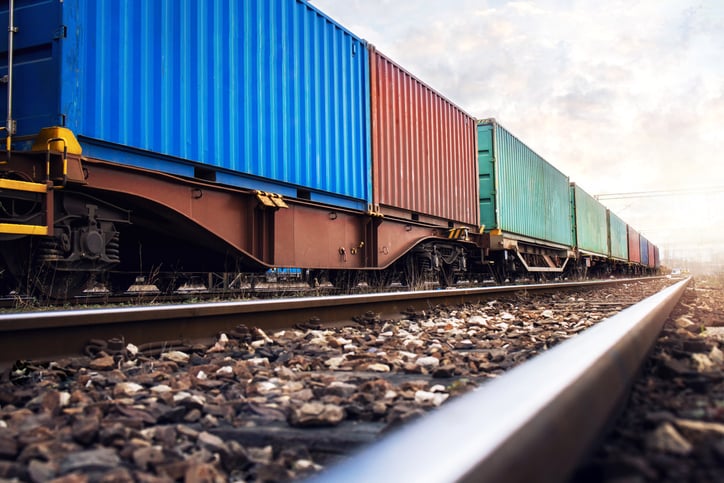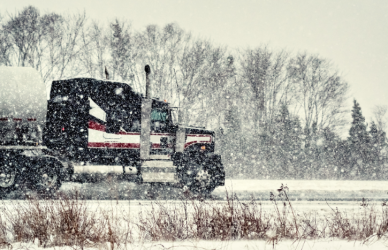On December 1, the U.S. Senate passed legislation that would force a labor agreement between the nation’s freight railroads and its workers with the goal of avoiding a rail labor strike that would devastate the nation’s economy, and strain trucking operations.
Understanding what was at stake, transportation stakeholders are applauding this action to avert the strike.
“Hospitals, businesses and ordinary Americans depend on freight rail and trucking for daily necessities, and the trucking industry has neither the equipment nor the manpower to replace a single day of lost freight rail service,” said American Trucking Associations President Chris Spear. “Truck transportation and railroads are much more complements than substitutes — there is no way the trucking industry can replace all the rail freight. We appreciate Congress stepping up and ensuring that the nation’s wheels — be they steel or rubber — keep moving.”
Gene Seroka, executive director at the Port of Los Angeles is quoted saying, “I feel confident we are not going to have any disruption in rail service. Twenty-eight percent of the nation’s freight is moved by freight rail and here at the twin ports in Southern California, two-thirds of the cargo that leaves California goes out by rail.” He went on to say, “These transport workers, on the job every day during this yearslong pandemic and cargo surge, we have to take care of them.”











